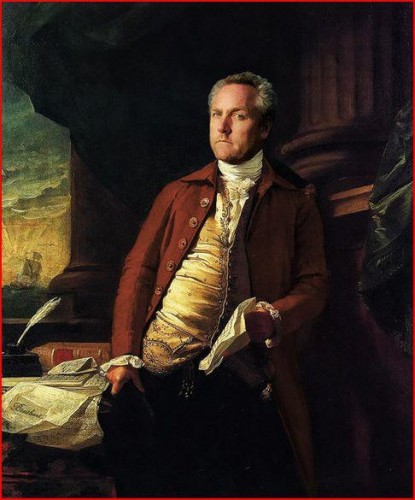One of humanity’s oldest forms of national economy is the “palace economy.” Under this system, the king would have the harvest brought into a central granary for storage. In Genesis 41, Joseph interprets Pharoah’s dream as predicting seven good harvests and seven poor ones, and says: “Let Pharaoh do this, and let him appoint officers over the land, and take up the fifth part of the land of Egypt in the seven plenteous years. And let them gather all the food of those good years that come, and lay up corn under the hand of Pharaoh, and let them keep food in the cities. And that food shall be for store to the land against the seven years of famine, which shall be in the land of Egypt; that the land perish not through the famine.”
Egypt, Mesopotamia, Asia Minor, the Minoans, and the Mycenaean Greeks all had similar arrangements. It was a command economy, with subsistence farming as a base and the excess over bare necessity taken into the care of the government. Many examples of early writing are simply accounting records for the acquisition, storage, and disbursement of grain, wine, and olive oil. In theory, the stored food would be redistributed to the poor and, in times of shortage, to the people in general. In practice, it put the weapon of hunger into the ruler’s hands.
Politically, the ruler was the representative and near relation of the gods, and was invested with divine attributes. That may or may not have included shooting 18 holes-in-one in a single round of golf.
Is any of this starting to sound familiar?
Good riddance to the god-king of North Korea. I hope his fellow god-king Stalin has saved him a seat by the fire.
